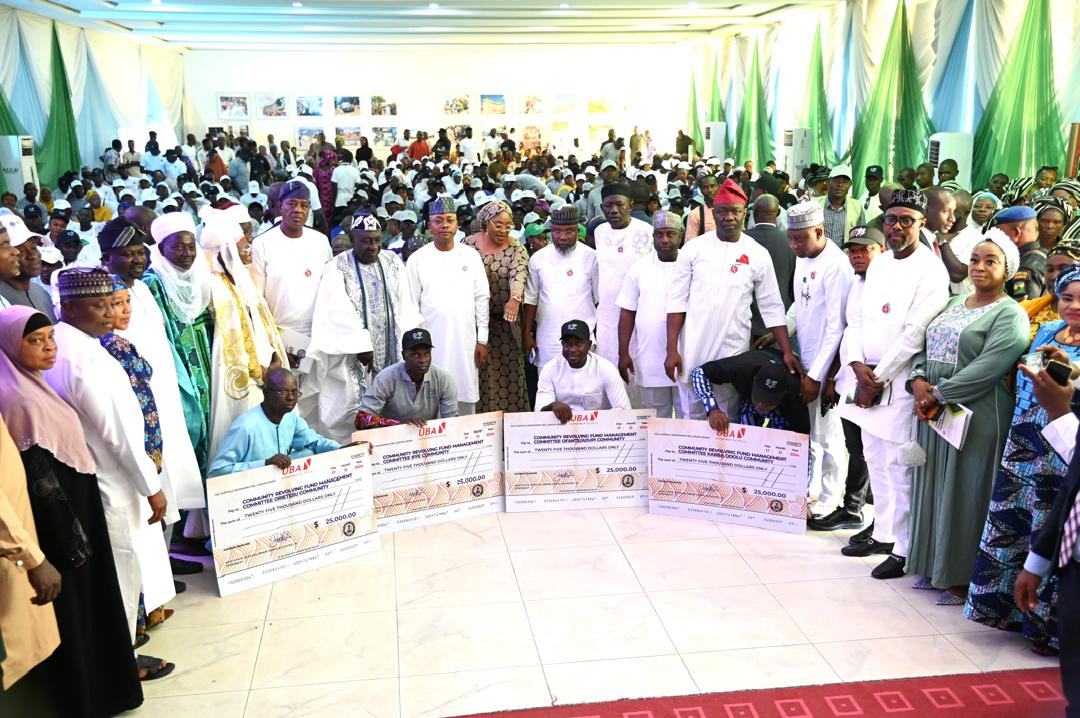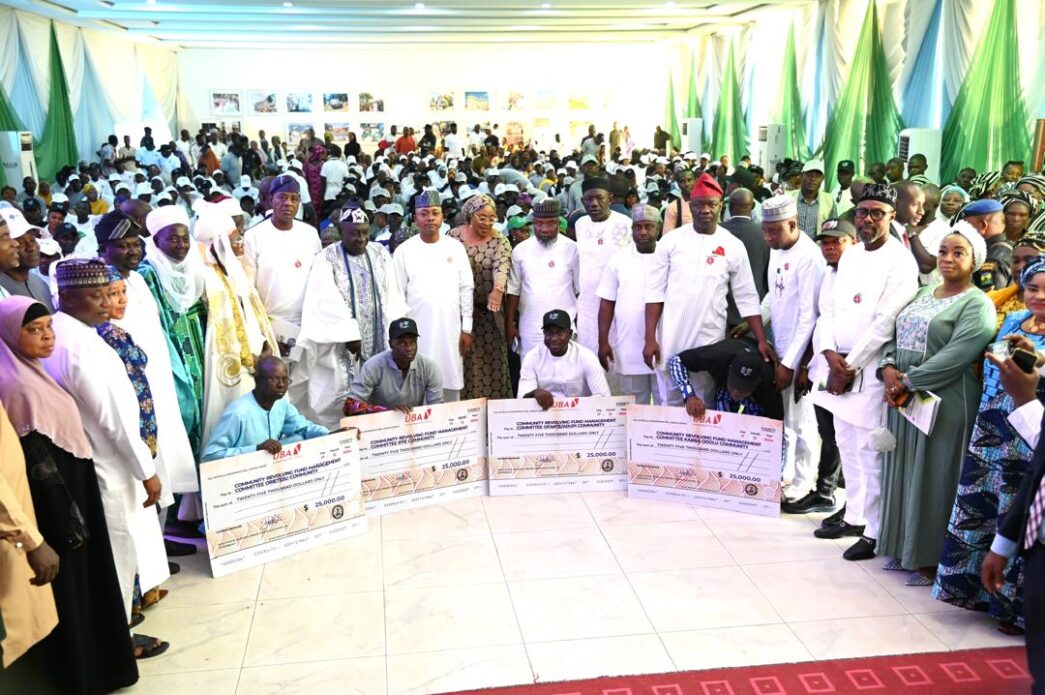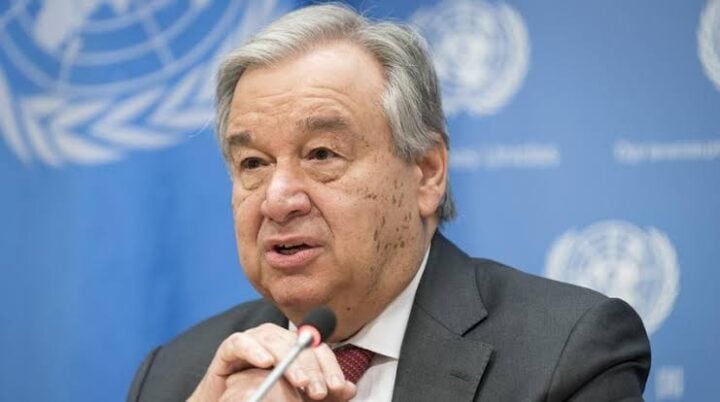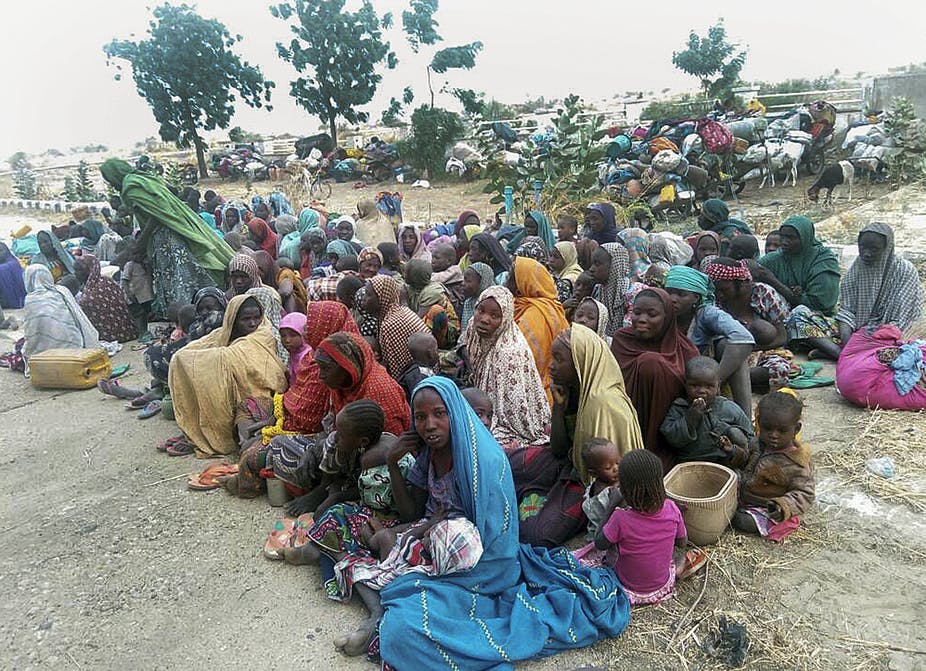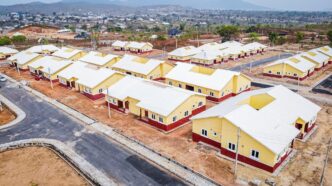Usman Ododo, governor of Kogi, has presented cheques of N3 billion to 2,381 beneficiaries from 80 communities impacted by climate change.
The initiative is part of the community revolving fund of the agro-climate resilience in semi-arid landscapes (ACReSAL) project in partnership with the World Bank Group.
According to a statement on Monday, Ododo performed the presentation of cheques at the government house in Lokoja, the state capital.
The governor said the fund is in line with his administration’s commitment to ensure food security and sustainable agricultural practices in the state.
Advertisement
Ododo assured that the Kogi state government remains committed to creating a conducive environment for the success and sustainability of the ACReSAL project.
He noted that the initiative aligns with the state’s development agenda to promote sustainable landscape management, enhance climate-resilient practices, and support effective agricultural methods across communities in all 21 LGAs.
He commended President Bola Tinubu for prioritising sustainable agricultural practices and demonstrating an unwavering commitment to improving the welfare of families across Nigeria.
Advertisement
Ododo encouraged the beneficiary groups and communities to use the funds responsibly and to show commitment to ensuring that other community members continue to benefit from the project.
Joseph Oluwasegun, commissioner for environment and ecological management, said the fund aims to position Kogi as a leading state in food security and sufficiency in Nigeria.
Ladi Ahmed Jatto, the state coordinator of AcreSal, said the community revolving fund (CRF) is an interest-free investment fund that began with the first phase of its disbursement in June with over 2,381 direct beneficiaries.
She said the second phase of disbursement reflects the success of the first phase and the commendable performance of the state’s government.
Advertisement
She urged beneficiaries to utilise the funds effectively, noting that the funds are a loan from the World Bank, with the state government guaranteeing repayment.
Add a comment
